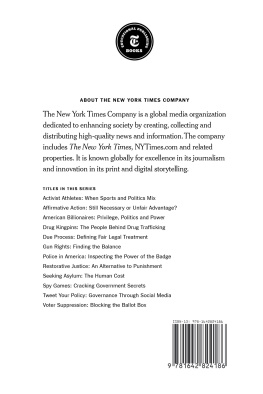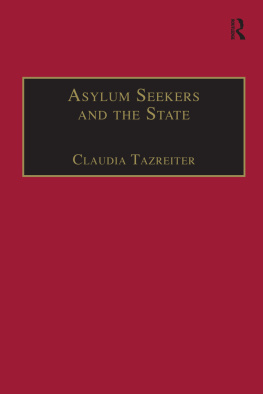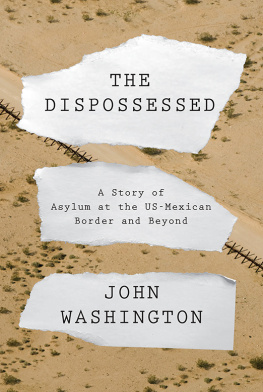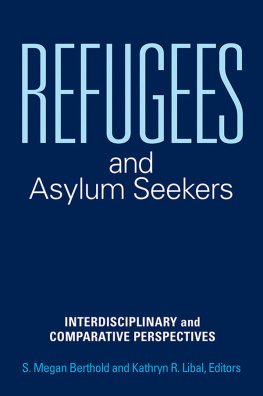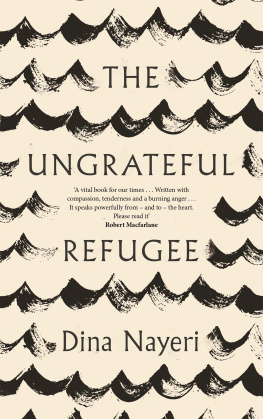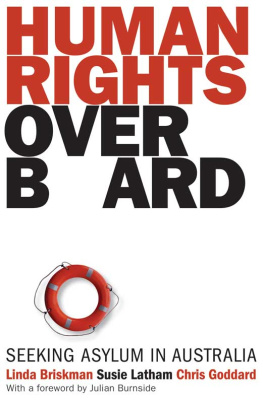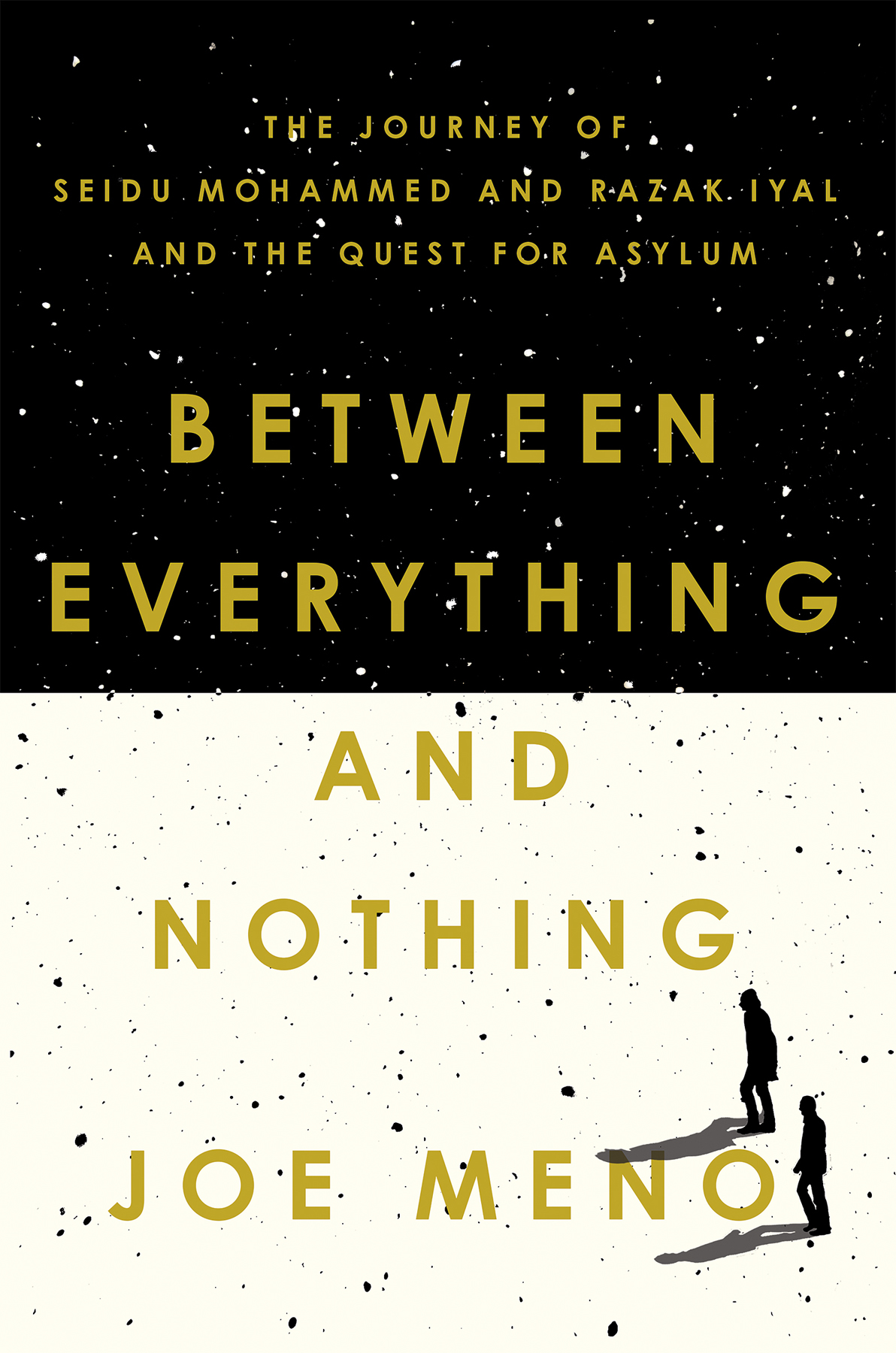Table of Contents
Guide

ALSO BY JOE MENO
Marvel and a Wonder
Office Girl
The Great Perhaps
Demons in the Spring: Stories
The Boy Detective Fails
Bluebirds Used to Croon in the Choir: Short Stories
Hairstyles of the Damned
How the Hula Girl Sings
Tender as Hellfire

BETWEEN EVERYTHING AND NOTHING
Copyright 2020 by Joe Meno
First hardcover edition: 2020
All rights reserved under International and Pan-American Copyright Conventions. No part of this book may be used or reproduced in any manner whatsoever without written permission from the publisher, except in the case of brief quotations embodied in critical articles and reviews.
Library of Congress Cataloging-in-Publication Data
Names: Meno, Joe, author.
Title: Between everything and nothing : the journey of Seidu Mohammed and Razak Iyal and the quest for asylum / Joe Meno.
Description: First hardcover edition. | Berkeley, California : Counterpoint Press, 2020.
Identifiers: LCCN 2019039301 | ISBN 9781640093140 (hardcover) | ISBN 9781640093157 (ebook)
Subjects: LCSH: Mohammed, Seidu, 1993- | Iyal, Razak. | GhanaiansUnited StatesBiography. | GhanaiansCanadaBiography. | GhanaPolitics and government. | United StatesEmigration and immigrationGovernment policy. | CanadaEmigration and immigrationGovernemnt policy.
Classification: LCC E183.8.G5 M46 2020 | DDC 966.705/40922dc23
LC record available at https://lccn.loc.gov/2019039301
Jacket design by Donna Cheng
Book design by Wah-Ming Chang
COUNTERPOINT
2560 Ninth Street, Suite 318
Berkeley, CA 94710
www.counterpointpress.com
Printed in the United States of America
Distributed by Publishers Group West
10 9 8 7 6 5 4 3 2 1
For family, friends, and the others we pass along the way
Contents

Obi nnim obrempon ahyease.
Nobody knows the beginning of a great man.
Akan proverb
The legal reporter came out of his cubicle shouting that two bodies of unidentified girls were in the city morgue. Frightened, I asked him: What age? Young, he said. They may be refugees from the interior chased here by the regimes thugs. I sighed with relief. The situation encroaches on us in silence, like a bloodstain, I said. The legal reporter, at some distance now, shouted: Not blood, Maestro, shit.
Gabriel Garca Mrquez


Begin with sound. Begin with light. Seidu Mohammed stands on the side of the road, unsure whether he is alive or dead. Beside him the frigid highway points back toward North Dakotaunbroken, unchanging. An abiding darkness has settled over everything. There are no other cars, no trucks, no traffic. The wind swallows every noise. He wonders if it is better to cross at night. It is less likely they will be seen, yes, but it is so much colder. Seidutwenty-four, dressed in a sweatshirt and several jacketsturns and faces an empty field, covered in deep snow, intense in its whiteness, leading north toward the border. Somewhere on the other side of this frozen landscape is the town of Emerson, Canada. Beyond that, freedom. Or other kinds of tragedy.
Razak Iyal stands beside him, staring at the barren stretch of field, taking in the inconceivable distance, unsure if they should go forward or turn back. The thirty-four-year-old adjusts his hat. Both men murmur to each othertheir voices captured by the biting windbefore finally descending into the field of snow. In a moment it covers their feet. A moment after that it is up to their knees. Walk toward the light, they have been told. Stay on the left side of the highway. If a vehicle approaches on the right, it will be the immigration patrol. Hide, lie on the ground. All you need to do is get across the border. Then ask for help. The journey will only be one half hour.
Both of them keep walking, searching for the lights of the border. The land glistens before them but the border is nowhere in sight. They glance at each other, knowing they are lost, but all they can do is put one foot in front of the other, marking their way through the deepening drifts.
Although they can still make out the shape of the highway somewhere on their right, there is no sign of anything up ahead, no faint glimmer of movement, only the cold reach of the wind.
Everything has become cold and black, and the snowup to their waists nowmakes their hands and feet numb. One walks ahead, the otherten, twenty yards behindfollows. Sometimes there are skeletal trees to hold on to, but just as often the land mysteriously opens up and there is nothing but the unsettling flatness of the fields, bisected at the horizon by the black sky overhead. It begins to snow again and the wind, rushing at thirty miles an hour, cuts across their exposed faces, burns the places where their clothes do not hide the skin.
By then Seidu has fallen behind. Once or twice a vehicle approaches along the highway and both he and Razak are forced to lie on the ground, waiting for it to pass, the headlights crossing over them, then vanishing into a blur of silver.
Each time they are forced to lie down, the cold creeps further into their clothes, through their jackets, in the spaces between their gloves and pants and shoes. Seidus eyelids have begun to freeze. Tears run down his cheeks and turn to ice. He wipes at his eyes with his bare hands, then calls out to Razak for help, following the sound of the other mans voice.
One hour, two hours later they are lost, having disappeared completely into the snow.
What do you do when you have nothing left? Nowhere to go? What kind of person are you forced to become?
In the spare bedroom of his brother Kamals house in Ohio, Seidu quietly put his things into his backpack, going through his belongings, searching for clothes and the documents he would need. He placed his soccer cleats on the bed, then checked the Minneapolis weather on Kamals laptop once again. The forecast said it would be between eight and ten degrees Fahrenheit on the day hed arrive, December 23. He had never been anywhere that cold before, and so he began putting aside extra sweatshirts, a light jacket, an extra pair of gloves, as many socks as he could fit into his bag.
Somehow Kamal got the money for the trip north the next daytaking out a loan from a local bank. He drove Seidu to the bus station near the center of Youngstown, bought him a bus ticket, and waited with him until the bus arrived. The gray and silver lobby seemed sterile, silent, like the waiting room of a hospital. The two brothers had been apart for eleven years before Seidu had arrived in the States. Now they would be separated once again.
The men smiled at each other, knowing they would not see each other again for some time.



